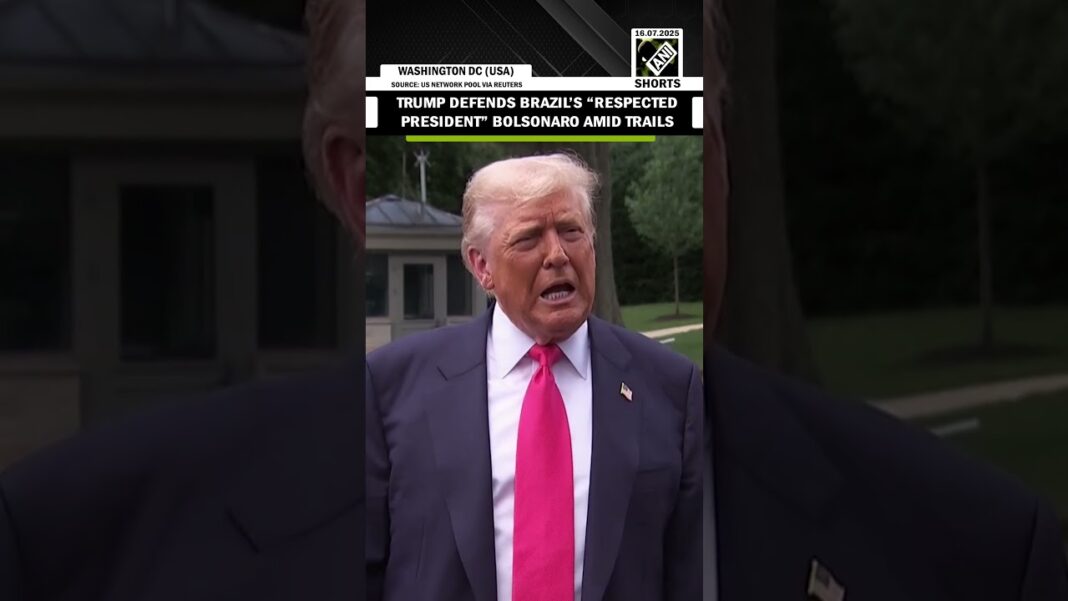The company failed to ensure parental consent was secured before allowing the collection of children’s data, according to a lawsuit filed by the government.
The Federal Trade Commission (FTC) took action against a robot toy maker that sold its products in the United States via online retailers such as Amazon, for allegedly allowing a third-party from China to collect children’s data, the agency said in a Sept. 3 statement.
The company, Shenzen-based Apitor Technology Co., Ltd, develops and sells programmable robot toys targeting children aged 6 to 14, according to a Sept. 2 lawsuit filed by the Department of Justice at the District Court, Northern District of California. The app-enabled toys were promoted as educational devices for teaching children coding skills, the lawsuit said.
According to the lawsuit, on Amazon’s webpages for the toys, the company encourages consumers to download the free companion mobile app, called Apitor Kit, on their Android or iOS devices.
“It allows children to program and control Defendant’s robot toys, and downloading it is necessary to remotely control the toys,” the lawsuit added.
According to the FTC, Apitor included a third-party software development kit in its app, which allegedly allowed the software’s Chinese developer to collect location data. Data collection begins after users enable location permissions in the app, transmitting the locations to the developer’s internet servers.
The complaint clarified that at no point did Apitor disclose to users that its app allows a third party to collect their geolocation information.
“Defendant’s failure to provide notice and obtain parental consent to its practices subjects underage consumers to ongoing harm and deprives parents of the ability to make an informed decision about the collection of their children’s location information,” the lawsuit said.
The lawsuit accused Apitor of having “failed to comply with the COPPA Rule’s parental notice and consent requirements.”
COPPA—the Children’s Online Privacy Protection Act—requires websites, apps, and other online services directed at children under 13 to notify parents about the personal data they collect and obtain verifiable parental consent before collecting such information.







